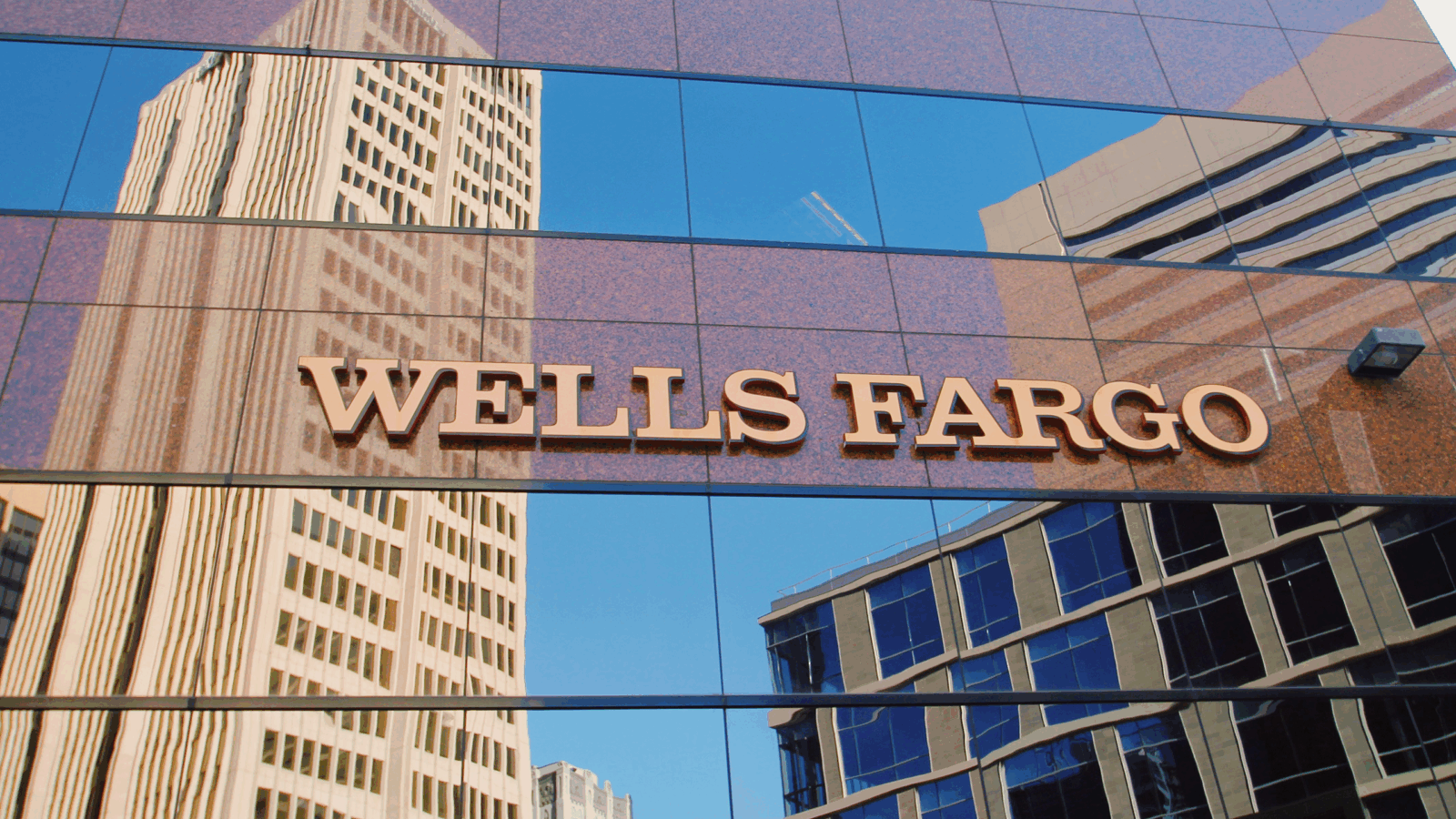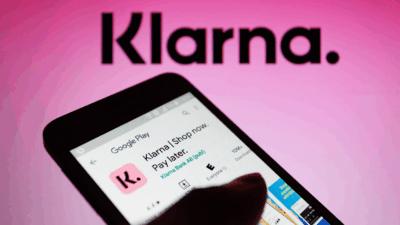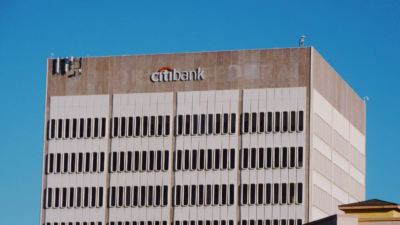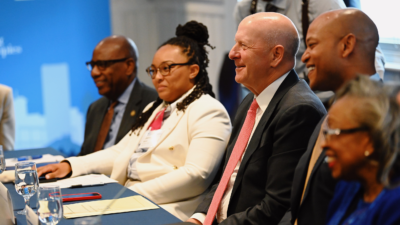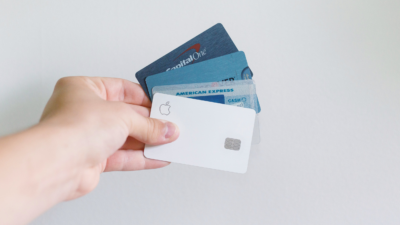US Regulators Investigate Banks’ Responses to Scams on Zelle
Major US banks are being probed by the Consumer Financial Protection Bureau (CFPB) over how they handle fraud on P2P payments app Zelle.
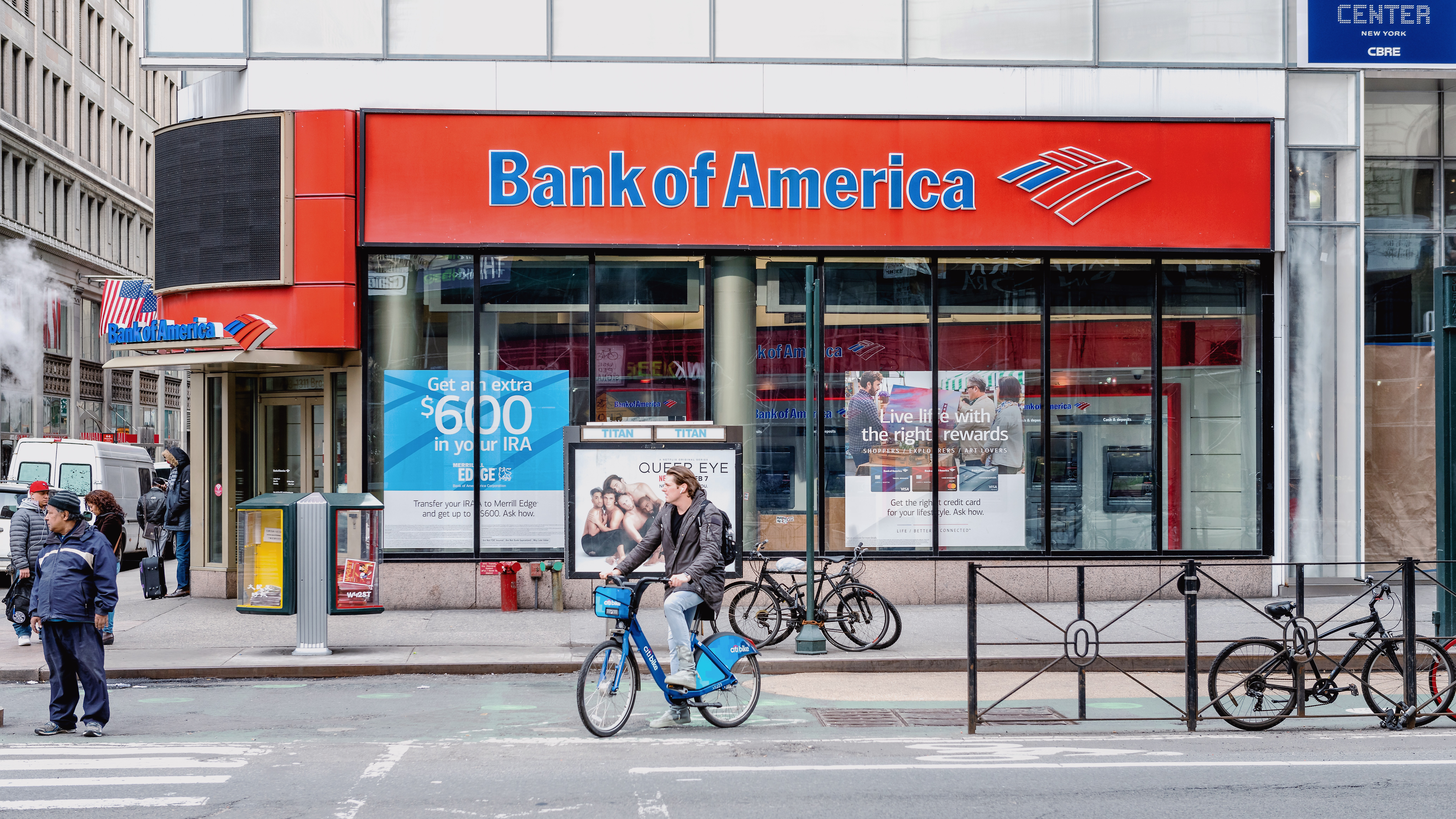
Sign up for smart news, insights, and analysis on the biggest financial stories of the day.
US regulators are accusing big banks of not doing enough to protect consumers from the cyber scammers who are helping themselves to others’ electronic cash.
JPMorgan Chase, Bank of America, Wells Fargo, and other major US banks are being probed by the Consumer Financial Protection Bureau (CFPB) over how they handle fraud on P2P payments app Zelle.
Sam-I-Am, I Would Not Cheat for Greenbacks with Spam
Owned by a consortium of seven of America’s biggest banks, Zelle was launched in 2017 to compete with the likes of PayPal-owned Venmo and Cash App. With over 2,100 partner financial institutions, it handled 2.9 billion transactions last year worth $806 billion, increasing 28% from 2022.
But just as the P2P app sector has grown, so too have the scams. According to FTC data, there were 65,000 fraud reports related to payment apps last year involving $210 million in losses, up 28% from $163.5 million in 2022. Whether the major banks are doing enough about the Zelle issue is now a point of contention with regulators and legislators:
- A Senate investigation into Zelle, released last month, found that JPMorgan, BoA, and Wells Fargo reimbursed customers in just 38% of fraud disputes, leaving $100 million in limbo. That’s far less than the 62% they reimbursed in 2019. A bill introduced last week by Sens. Richard Blumenthal and Elizabeth Warren would make financial institutions share liability when consumers are defrauded into authorizing transfers.
- Zelle’s parent, Early Warning, said that 99.95% of transactions are carried out without reports of fraud or scams. That was apparently not enough to assuage the CFPB’s concerns — JPMorgan disclosed last week that it was responding to inquiries from the agency, and The Wall Street Journal reported Wednesday that the probe will expand to BoA, Wells Fargo, and others (Early Warning’s other owners are Truist, Capital One, PNC Bank, and U.S. Bank).
Tip of the Iceberg: Beyond just P2P payment apps, the FBI said it received reports of $12.5 billion in online scams last year, a 22% increase from 2022. However, the agency was careful to describe this figure as a “conservative” window into the scale of the problem: When the FBI infiltrated the major ransomware group Hive, it found that just 20% of its victims had made reports to law enforcement.




